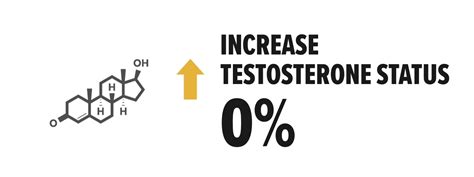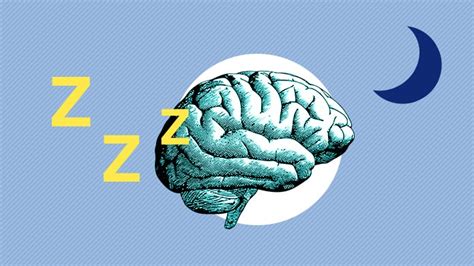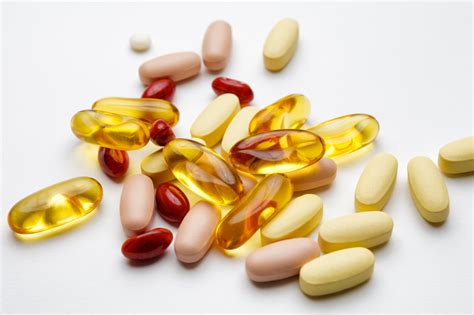How can men naturally boost low testosterone for peak energy & performance?

Understanding Low Testosterone and Its Impact
Testosterone, often hailed as the cornerstone of male health, plays a pivotal role far beyond just sex drive. It influences energy levels, muscle mass, bone density, mood, and even cognitive function. As men age, a natural decline in testosterone can occur, but lifestyle factors can also contribute to lower-than-optimal levels at any age. Symptoms like chronic fatigue, decreased libido, difficulty building muscle, increased body fat, and mood swings can significantly impact quality of life. The good news is that many natural approaches can help men restore their testosterone levels and reclaim their vitality.
Optimize Your Nutrition for Hormone Support
What you eat directly impacts your hormonal balance. To naturally boost testosterone, focus on a diet rich in whole, unprocessed foods. Healthy fats are crucial; don’t shy away from sources like avocados, nuts, olive oil, and fatty fish (salmon, mackerel), as cholesterol is a precursor to testosterone. Adequate protein intake from lean meats, eggs, and legumes supports muscle synthesis and overall hormonal health. Complex carbohydrates from fruits, vegetables, and whole grains provide sustained energy and prevent blood sugar spikes that can negatively affect testosterone.

Conversely, minimize processed foods, excessive sugars, and trans fats, which can contribute to inflammation and disrupt endocrine function. Limiting alcohol intake is also beneficial, as heavy consumption can directly impair testosterone production.
Embrace Strength Training and Regular Exercise
Physical activity, particularly resistance training, is one of the most potent natural testosterone boosters. Lifting weights or engaging in bodyweight exercises stimulates the body to produce more testosterone. Focus on compound movements like squats, deadlifts, bench presses, and rows, which engage multiple muscle groups and elicit a greater hormonal response. High-intensity interval training (HIIT) can also be effective. Aim for at least 3-4 strength training sessions per week, allowing for adequate recovery.

While cardiovascular exercise is important for heart health, excessive endurance training without adequate recovery can sometimes have the opposite effect on testosterone. Balance your cardio with strength training and ensure you’re not overtraining.
Prioritize Quality Sleep and Stress Management
Sleep is a non-negotiable component of hormone regulation. Most of a man’s daily testosterone production occurs during sleep. Chronic sleep deprivation, even just a few hours nightly, can significantly lower testosterone levels. Aim for 7-9 hours of high-quality sleep per night. Establish a consistent sleep schedule, create a dark, cool, and quiet bedroom environment, and avoid screens before bedtime.

Stress is another major testosterone inhibitor. When you’re stressed, your body releases cortisol, the stress hormone, which has an inverse relationship with testosterone. Chronic high cortisol levels can suppress testosterone production. Incorporate stress-reducing practices into your daily routine, such as meditation, yoga, deep breathing exercises, spending time in nature, or engaging in hobbies you enjoy.
Consider Key Micronutrients and Targeted Supplements
Certain vitamins and minerals are critical for testosterone synthesis and overall endocrine health. Deficiencies in these can hinder optimal levels:
- Vitamin D: Often called the ‘sunshine vitamin,’ Vitamin D is actually a pro-hormone and directly impacts testosterone production. Many men are deficient. Get regular sun exposure or consider a high-quality Vitamin D3 supplement.
- Zinc: This essential mineral plays a vital role in hormone production and is often lost through sweat. Good sources include oysters, red meat, poultry, beans, and nuts.
- Magnesium: Important for muscle function and sleep, magnesium also helps keep testosterone free (bioavailable). Leafy greens, nuts, seeds, and dark chocolate are rich in magnesium.

While diet should be the primary source, targeted supplementation can fill gaps. Always consult with a healthcare professional before starting any new supplement regimen.
Additional Lifestyle Adjustments for Optimal Levels
Beyond diet, exercise, sleep, and stress, a few other lifestyle factors can contribute to healthy testosterone:
- Avoid Endocrine Disruptors: Minimize exposure to plastics (BPA, phthalates), pesticides, and certain chemicals found in personal care products, which can mimic hormones and disrupt endocrine function.
- Maintain a Healthy Weight: Excess body fat, particularly around the abdomen, can lead to higher estrogen levels and lower testosterone. Losing weight can significantly improve testosterone levels.
- Limit Alcohol and Tobacco: Both can negatively impact hormone production and overall health.

Conclusion: A Holistic Path to Peak Performance
Naturally boosting testosterone for peak energy and performance is not about quick fixes but rather a holistic commitment to a healthy lifestyle. By consistently prioritizing nutrient-dense foods, engaging in regular strength training, optimizing sleep, managing stress effectively, and ensuring adequate micronutrient intake, men can significantly improve their testosterone levels. This integrated approach not only supports hormonal balance but also contributes to enhanced physical performance, mental clarity, improved mood, and overall vitality, paving the way for a healthier, more energetic life.









